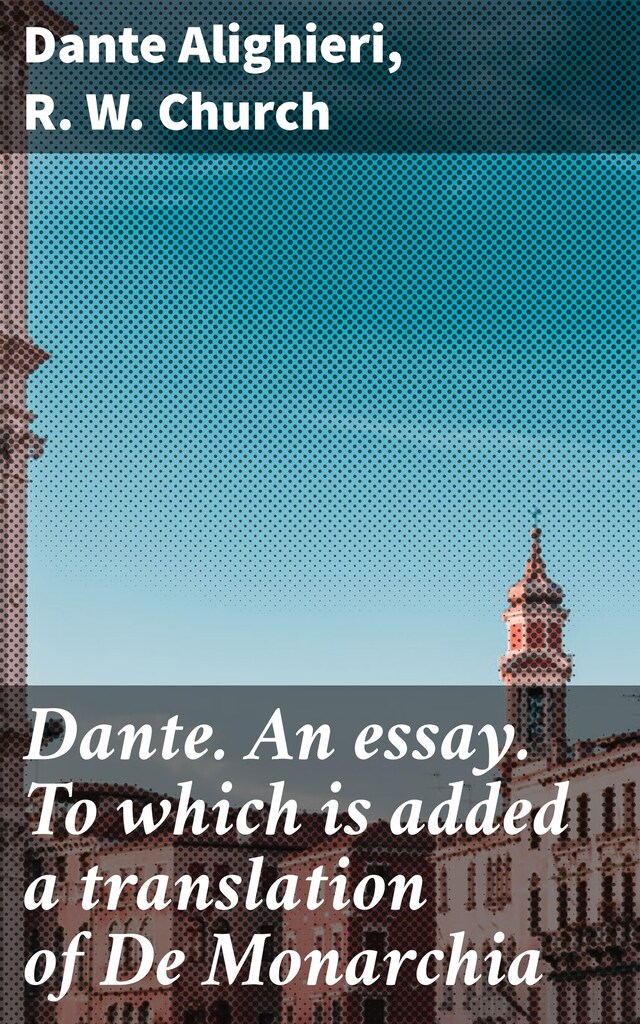
Dante. An essay. To which is added a translation of De Monarchia
Unveiling Dante's Vision: Essays and Translation by R. W. Church
Description of the book
In 'Dante. An essay. To which is added a translation of De Monarchia,' readers are greeted by a profound exploration of Dante Alighieri's masterful work, threaded together by R. W. Church's insightful commentary and analysis. This anthology stands as a luminary beacon, illuminating the intricate layers of Dante's poetic vision across a wide spectrum of themes from the spiritual journey of the soul to the nuanced politics of medieval Italy. The inclusion of the 'De Monarchia' translation within the volume offers a rare glimpse into Dante's political ideologies, providing a comprehensive look at his advocacy for a unified Christendom under the guide of an imperial monarchy. The anthology's fusion of dense analytical essays and meticulous translation showcases a unique literary style that bridges historical context and contemporary analysis, making Dante's complex allegories and theological reflections accessible to modern readers. The contributing forces behind this collection, R. W. Church, with his extensive background in English literature and church history, alongside Dante Alighieri, the seminal Italian poet, philosopher, and political thinker, come together to offer a multidimensional understanding of Dante's work. Their collective expertise enriches the anthology, aligning with movements in literary criticism and historical scholarship to enrich the readers engagement with Dantes texts. Church's analysis, combined with Dantes original composition, invites readers into a bilateral dialogue that crosses centuries, connecting the past's intellectual endeavors with today's scholarly pursuits. This anthology is recommended for readers eager to dive deep into the historical, cultural, and philosophical depths of Dante Alighieri's oeuvre. It offers an unparalleled opportunity to encounter Dante's world through the dual lenses of his poetic genius and Church's scholarly interpretation. Students, scholars, and enthusiasts of literature, history, and political philosophy will find this collection invaluable for its educational merit, its expansive insights into medieval and Renaissance thought, and the engaging conversation it fosters between the immortal works of Dante and the enduring scholarly tradition that seeks to unravel his complex themes and visions.
 299 Pages
299 Pages